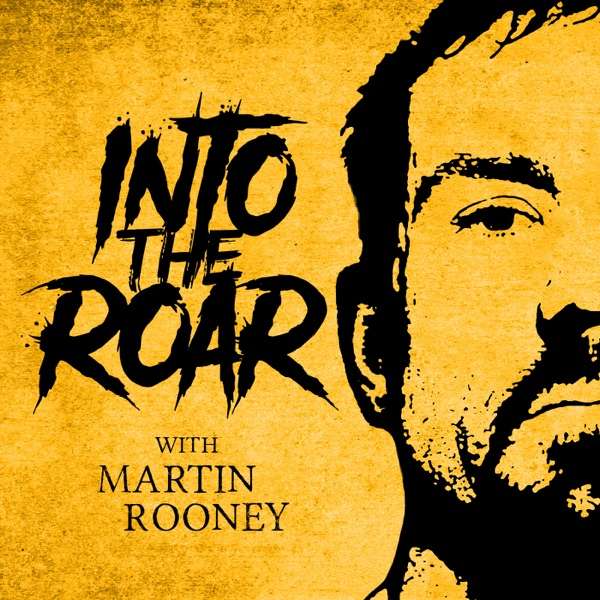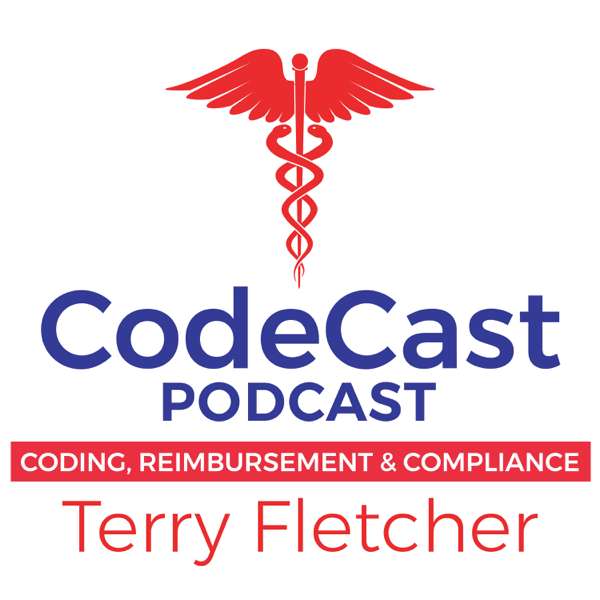Early-onset, also called Young-onset Parkinson’s disease (YOPD), affects about 4% of the one million people with Parkinson’s disease (PD) in the United States, with a diagnosis before age 50. Although there are many characteristics similar to late-onset PD, there are a few differences such as disease progression, response to medications, and genetic risk factors. Because of the earlier age of onset, YOPD may also differ in how it affects an individual’s social relationships, marriage, parenting, family life, employment, and finances. Participating in research studies is one way that people with YOPD can help reveal the role of genetics and other factors in how the disease occurs and manifests in younger people.
People with YOPD can most often still live a happy and productive life. Support groups, family support, and knowledge gained through groups, articles, conferences, and webinars can improve one’s care, functioning, and quality of life. Finding a comprehensive health care team that can offer any needed physical, social, emotional, and spiritual services is also important. The Parkinson’s Foundation and its Helpline, as well as community resources, are good places to start.
Today’s guest is Israel Robledo, a Parkinson’s Foundation Research Advocate who has YOPD. Research Advocates partner with researchers to design trials, provide recommendations, and report study results to the Parkinson’s community. They are trained experts with lived experiences and use their voice and perspective to inform key decisions in Parkinson's research studies.
In this episode, Israel shares his experience of participating in research studies throughout the course of his disease.
This episode is sponsored by Biogen’s Luma study, for more information about Luma, visit LumaStudy.com.

 Our TOPPODCAST Picks
Our TOPPODCAST Picks  Stay Connected
Stay Connected







